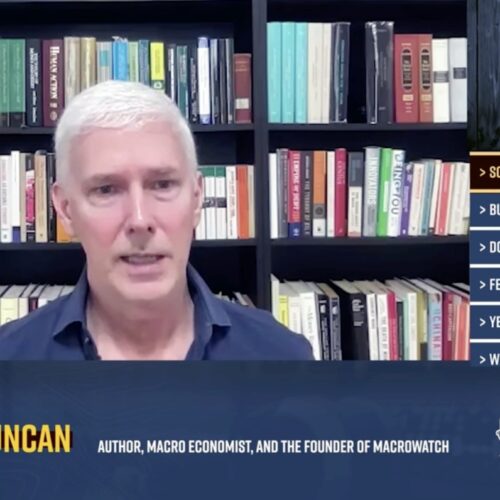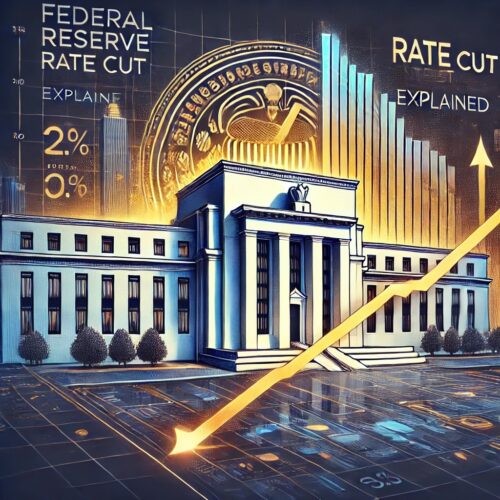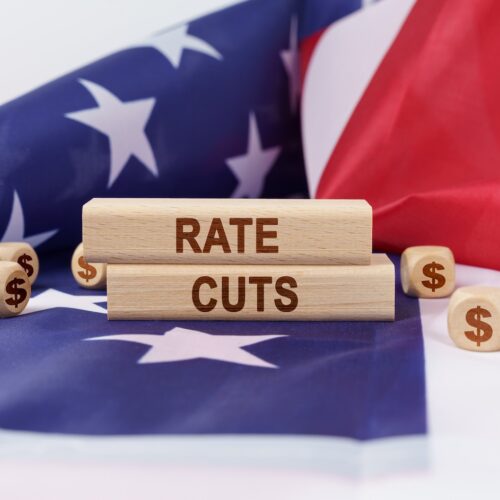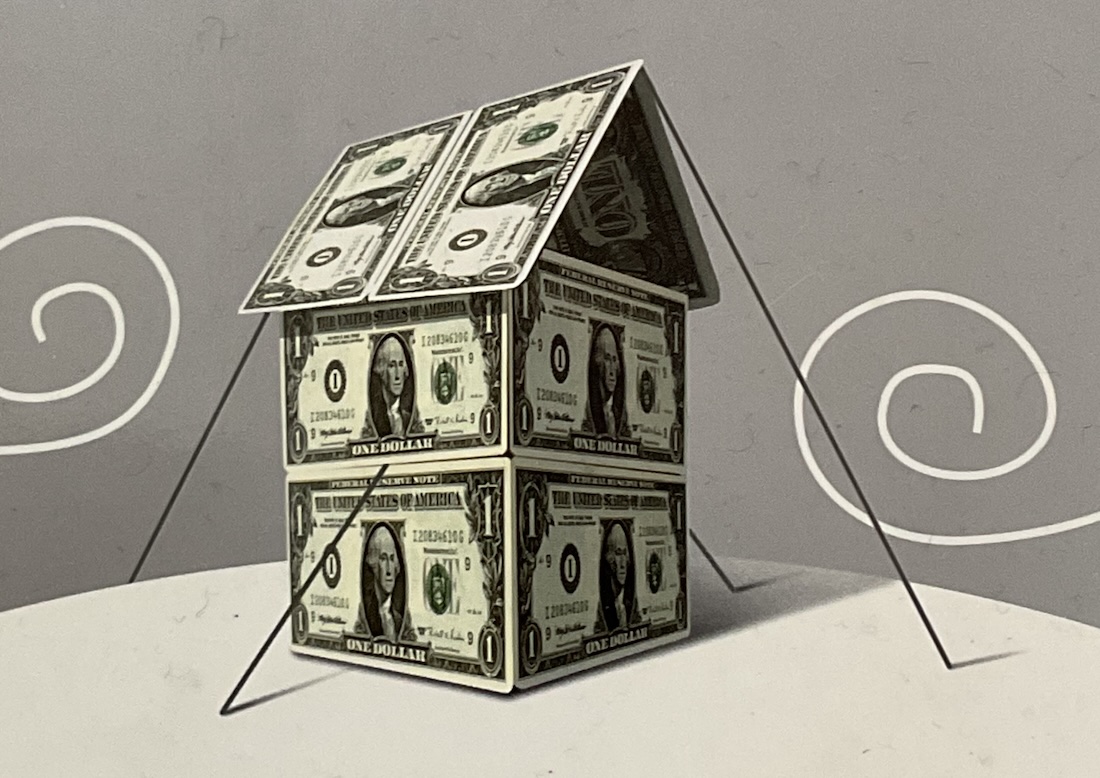Highly Recommended New Interview. Listen n…
I was recently interviewed by Hunter Thompson for the Cash Flow Connections podcast. This was a particularly good interview. I hope you will listen to it now. Topics covered include: Click
Economic Imbalances: A Warning for Investors
New Macro Watch Video Released for Q4 2024 In the latest Macro Watch video, we dive into the growing imbalances in the U.S. economy. On the surface, wealth in the
Podcast: Why Biden and Trump Both Support a U…
The objective of my book The Money Revolution: How To Finance The Next American Century was to persuade the American public and US policymakers of the urgent need for the United States
Deep Dive Podcast: The Existential Threat of …
A few days ago, Macro Watch published a video titled The Existential Threat of a Debt Deflation Depression. It described the cataclysm that would befall our civilization if the United States
The Existential Threat of a Debt Deflation De…
Total Credit in the United States hit $100 trillion during the third quarter, a 100-fold increase in 60 years. This must be viewed as history’s greatest Credit Bubble. Should this Credit
Why Other Countries Will Finance The U.S. Sov…
Who will finance the U.S. Sovereign Wealth Fund that was recently proposed by both President Biden and former President Trump? This was a topic that Tom Bodrovics and I recently
Palisades Gold Radio Interview Part 1: After …
I was recently interviewed by Tom Bodrovics for Palisades Gold Radio. It was a very interesting, but very long, conversation. So, I have split it into six parts. The first segment
Bipartisan U.S. Sovereign Wealth Fund To Fina…
The Biden Administration and Former President Trump both recently announced their support for the establishment of a U.S. Sovereign Wealth Fund. THE objective of my book The Money Revolution: How To
Do You Know How The Fed Cuts Interest Rates?
You will have heard that the Fed reduced the Federal Funds Rate by 50 basis points last week. But do you know HOW the Fed cuts interest rates? The method
This AI-Generated Podcast Is Blowing My Mind.…
Today, I want to share with you the most amazing new AI breakthrough I’ve seen in a long time, AI-generated podcasts. A few days ago, I published a new Macro











